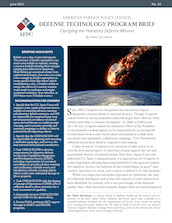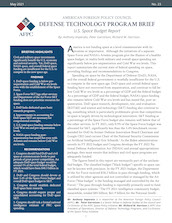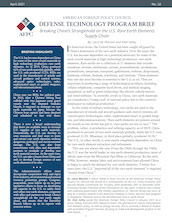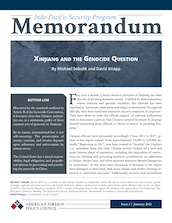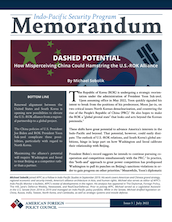
Dashed Potential: How Misperceiving China Could Hamstring the U.S.-ROK Alliance
Renewed alignment between America and South Korea is opening new possibilities to elevate the U.S.-ROK alliance from a regional partnership to a global project. However, the China policies of Washington and Seoul are complicating these possibilities.
